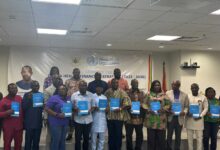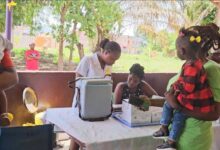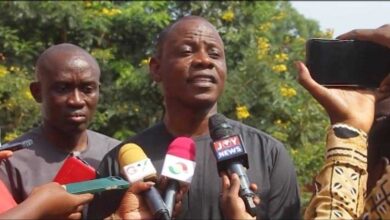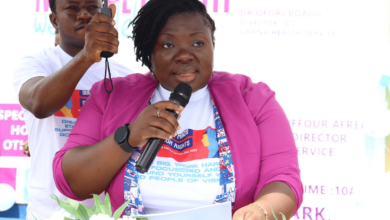Presidential Advisor on Health urges innovative solutions to address dialysis machine shortages

In response to concerns raised by medical facilities and Ghanaians regarding the scarcity of dialysis machines, the Presidential Advisor on Health, Dr. Anthony Nsiah-Asare has emphasized the need for innovative approaches to resolve this issue.
Dr. Nsiah-Asare asserts that complaints about the lack of dialysis machines are unnecessary, highlighting alternative solutions that can be implemented to alleviate the shortage.
Drawing from his extensive experience managing hospitals, including the Komfo Anokye and Tamale Teaching Hospitals, Dr. Nsiah-Asare proposed the adoption of a system called placements or liaisons with other organizations possessing the required equipment.
According to him, hospital managers and directors should explore partnerships wherein machines are provided for use by organisations that have them in exchange for other services, facilitating smoother operations for both parties.
“I ran Komfo Anokye Teaching Hospital for 8 and half years I ran Tamale for 5 and half years. I’ve ran a lot of hospitals, so I know how hospitals are run.
“With like dialysis machines, sometimes there are no need for the government to buy them for you, because of the System called placements or liaisons, where machines will be brought in for use while you come into an agreement with the owners so both entities can run the operations smoothly.
Reflecting on his successful collaboration with a Nephrologist to establish dialysis services at Komfo Anokye Teaching Hospital, Dr. Nsiah-Asare underscored the effectiveness of this approach.
He stated that through liaison and collaboration, refurbished dialysis machines were acquired, along with essential training for hospital personnel, without direct government procurement.
“You can arrange for this, I set the Komfo Anokye Dialysis Machine up, the government did not buy it for us, I made this happen with a Nephrologist based in the US who was equally interested in helping people access the services they need, she helped set it up as well as train personnel for its utilisation. She brought us 3 refurbished machines including other medical equipment.”
Dr. Nsiah-Asare emphasized that major hospitals in Ghana can replicate similar arrangements with relevant organizations to address equipment shortages effectively.
“These are systems that we should think about, the big hospitals we have in Ghana can arrange with their boards that they want to liaise with this or that organisation for this or that reasons and I’m sure that can work effectively.
However, he cautions that acquiring equipment is only the first step, as effective management and maintenance are crucial to sustaining these initiatives.
Highlighting a broader cultural challenge, Dr Nsiah-Asare emphasized the need for a shift towards a more sustainable maintenance culture not only within hospitals but also across other sectors such as education.
“Our problem in Ghana here is our maintainable culture not only in hospitals but in schools as well, and we need to address this.”
Lois Dogbe






